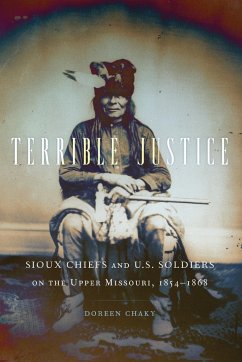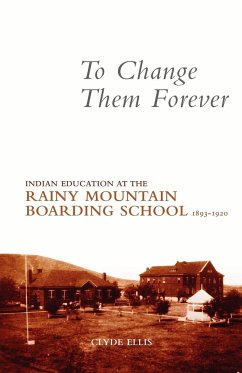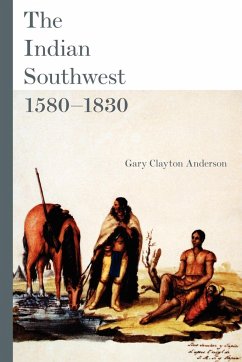Great Plains Distinguished Book Prize-Center for Great Plains Studies (finalist) Spur Award-Best Western Nonfiction Historical Book-Western Writers of America (finalist) The first complete account of Sioux conflict and transformation before 1870 They called themselves Dakota, but the explorers and fur traders who first encountered these people in the sixteenth century referred to them as Sioux, a corruption of the name their enemies called them. That linguistic dissonance foreshadowed a series of bloodier conflicts between Sioux warriors and the American military in the mid-nineteenth century. Doreen Chaky's narrative history of this contentious time offers the first complete picture of the conflicts on the Upper Missouri in the 1850s and 1860s, the period bookended by the Sioux's first major military conflicts with the U.S. Army and the creation of the Great Sioux Reservation. Terrible Justice explores not only relations between the Sioux and their opponents but also the discord among Sioux bands themselves. Moving beyond earlier historians' focus on the Brulé and Oglala bands, Chaky examines how the northern, southern, and Minnesota Sioux bands all became involved in and were affected by the U.S. invasion. In this way Terrible Justice ties Upper Missouri and Minnesota Sioux history to better-known Oglala and Brulé Sioux history. Making use of a wealth of primary sources, many of them not accessed in earlier accounts, Chaky introduces readers to several underappreciated Sioux leaders and American army officers who played pivotal roles during this time of conflict and change in both Sioux and U.S. military culture. She uses soldiers' letters and journals, military and other official communications, and the speeches of Sioux leaders to illuminate the complex dynamics of this high-stakes contest between cultures with diametrically opposed concepts of justice. Doreen Chaky is a freelance journalist and independent scholar. She resides in Williston, North Dakota.
Hinweis: Dieser Artikel kann nur an eine deutsche Lieferadresse ausgeliefert werden.
Hinweis: Dieser Artikel kann nur an eine deutsche Lieferadresse ausgeliefert werden.








